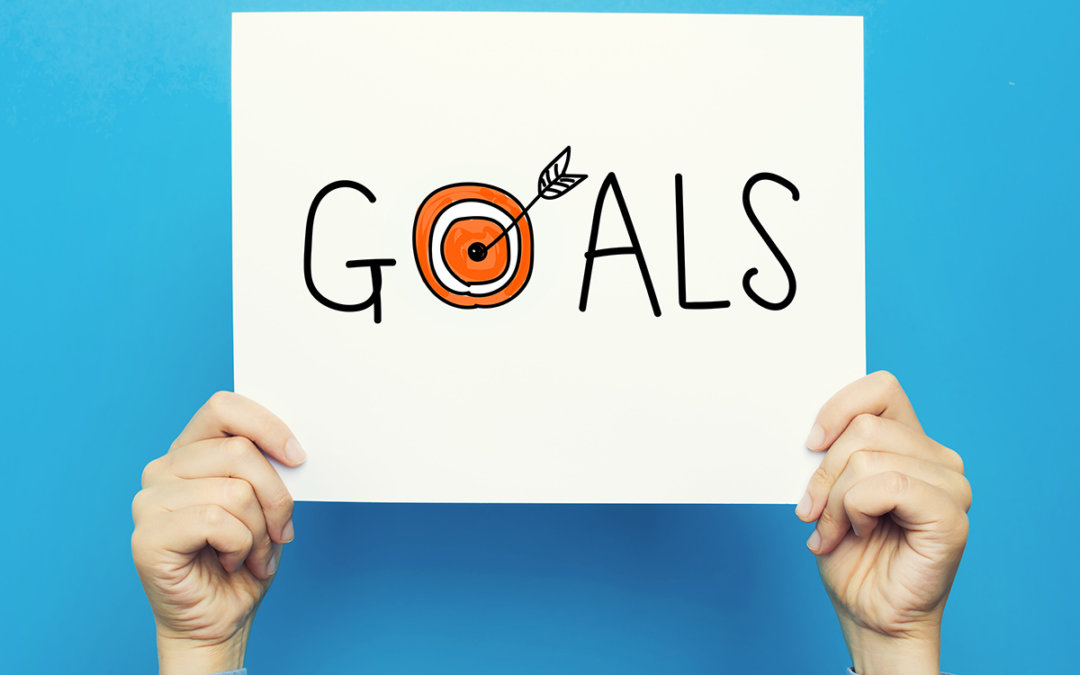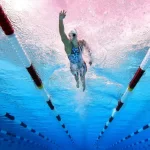Goals are important. They give you direction on where you want to be. As a triathlete, as you think about the upcoming year and what you want to accomplish, setting goals is a great place to start.
Does goal setting really work? Yes. Here are three types of goals for you to consider setting for next year: outcome, learning and process goals.
- Outcome goals describe an accomplishment that is the result of a contest or competition. They are observable and measurable by others. For example, finishing in the top 10% of your age group. However, outcome goals are not always achievable. There are a lot of factors outside of your control such as your competition in a race.
- Learning goals focus on self-improvement and they don’t depend on outcomes. They result in a change, capability or growth in your own mind and body. For instance, if you are a new triathlete and you are not confident in open water – overcoming that fear before your first race would be a learning goal.
- Process goals are the procedure and practices that help you reach your learning and outcome goals. These are like small milestones on the path to achieving your bigger goals.
All three are important goals. But how do you go about determining what those goals should be for the year? Here are some tips:
- Be realistic. If you’ve spent the entire year cutting a few minutes off your 5k, don’t expect to cut another 5 minutes off next year. Think about your strengths and build on those. If you want to qualify for Kona and you’re finishing just a few minutes behind the triathletes in your age group who are qualifying, then that’s a realistic goal to shoot for!
- Be specific. Choose an exciting goal with metrics to quantify your progress. Improving your form isn’t very exciting, but improving your time by 15% is something to work towards. If you just want to finish a race (or finish a race under a certain amount of time) is a doable goal as well.
- Prioritizing is a must in order to improve. Winter may seem like a boring off-season. But once spring comes, you’ll be glad you weren’t sitting around. Take advantage of this time to improve your weaknesses. Race season will be here before you know it.
- Work backwards. Think about your big goal and work backwards to figure out what you need to do in order to accomplish that goal. Set smaller goals along the way to help you achieve the larger goal.
- Use the SMART acronym for creating your goals. Keep your goals:
- S – Simple
- M – Measurable
- A – Achievable
- R – Relevant
- T – Time bound
Goals can be ambitious while still remaining feasible. It’s a balance you have to learn. Don’t be afraid to aim high! Your goals should push you and transform you into a mentally stronger person. If you have trouble setting goals, consider contacting me to help ensure your goals are appropriate and achievable.
Train Right, Tri Right!
Coach MJ







